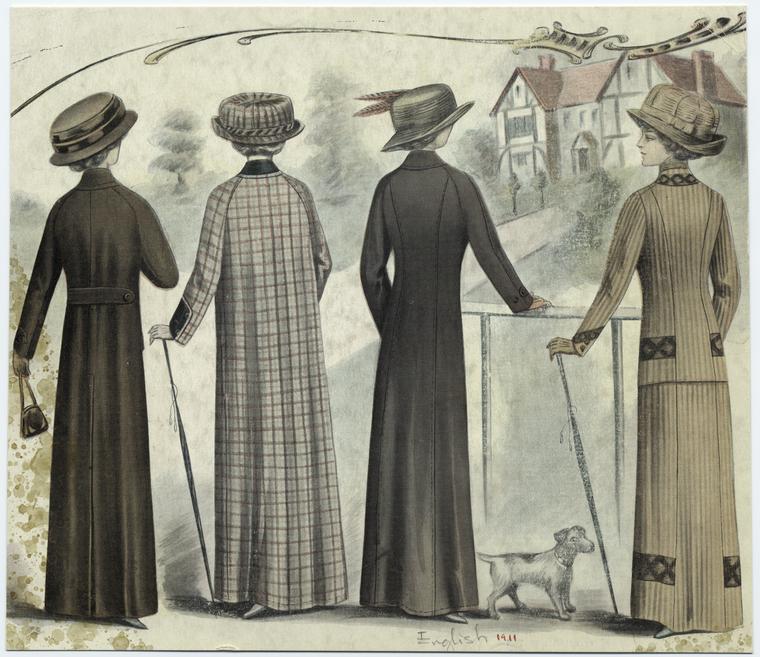Saturday, February 4, 2012
The Perfect Summer: England 1911, Just Before the Storm
This is the title of a book by Juliet Nicolson. I'm about halfway through reading it. Strictly speaking, it's a history book, but it's more of a sketch; a novel without a real plot, just a series of interconnected stories that all happened during one elegant Edwardian London season. I believe "social history" is the term that categorizes this book and its stories about different people from the 1911 social hierarchy. Each chapter is devoted to a different topic/person, including Queen Mary, the odd friendship between Winston Churchill and F.E. Smith, debutante Lady Diana Manners, etc.
The truth is, I picked up this book along with several others that were recommended to me by the "If You Love Downton Abbey..." book lists. I'm so glad that fate (or rather, the small circulation of books available in our city library) led me to this marvelous book. This is literally the first time I've read a "history book" that I figuratively couldn't put down.
If you're looking for a substitute for a European History textbook, however, you're definitely out of luck. Ms. Nicolson is a cataloguer of trivial, but fascinating details. For instance, I learned the origin of using "the loo" to mean the bathroom. This isn't an anecdote that I'm likely to forget any time soon. Apparently, Lady Louisa Anson was a guest at a friend's country estate. An intimidating lady, she frightened the children of the house, who sought retribution by placing her name card on the door of the water closet. It took several days of undelivered breakfast trays for Lady Louisa to figure out something wasn't quite right. By then, this harmless little prank had become a societal joke. When people wanted to go to the bathroom, they would laugh that they were going to visit Lady Louisa--"Lady Loo."
But there are traces of more serious issues, if you look hard enough. After all, if one lived during the summer of 1911, the swan was only restless under the water. A few labor strikes are discussed, and an interesting portrait of Winston Churchill personally quelling a riot is painted. Politics is depicted along with society. The focus on Churchil and F.E. Smith is scintillating. This unlikely pair (Churchill was a sworn Liberal and Smith a staunch Conservative) formed an even more unlikely friendship that withstood antipodal political ideals and countless conflicts in the House of Commons.
If you're attending a cocktail party, this may be a good book to have in your repertoire of entertaining anecdotes, particularly if it's a theme role-play Edwardian party set in June of 1911, hosted especially for anglophiles.
Subscribe to:
Post Comments (Atom)


No comments:
Post a Comment